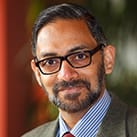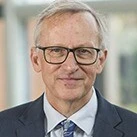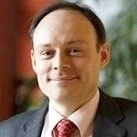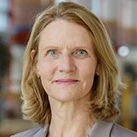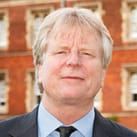Overview
Economic, technological, regulatory and institutional environments are changing rapidly and being reshaped the world over, creating complex challenges for business managers and policy-makers. These challenges open up new windows of opportunity for business economists to carry out deeply engaged and practically relevant research into business and public policy questions.
The Economics and Policy group at Cambridge Judge Business School is energised and motivated by these opportunities. Current research by group members spans, inter-alia, business performance, industrial organisation, innovation, technology, energy, environment, regulation and managerial decision-making under ambiguity, risk and uncertainty.
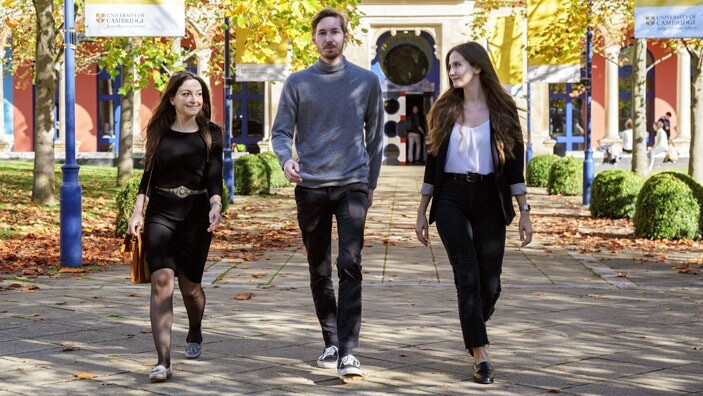
The pathway
To start on the Business Economics pathway you must take one of the following 9-month masters programmes:
in exceptional cases, the Cambridge MPhil in Economic Research
Essential reading
Download detailed information about the 9-month + 4-year programme structure and content.
What we expect from you
You will need to have a masters degree with significant economics content from a highly regarded university, and to have performed within the top 5% of your class. See the Master of Research (MRes) academic requirements for more details. Your masters training will be benchmarked against the MPhil in Economic Research at the University of Cambridge’s Faculty of Economics.
We will want to see evidence of the quality of your training and your potential to conduct original research, as well as your commitment to an academic research career. You will be ambitious and highly motivated to make significant contributions to knowledge in the broad areas of economics and policy as they relate to business and management.
For more details, please see the academic requirements for the:
What you can expect from us
Your entry point to a hugely rewarding academic research career.
- Become part of our team from the outset, in which you will be treated as a junior colleague rather than a student.
- Begin your research career with a phase of joint research in close collaboration with faculty.
- Hone your research capabilities and learn how to arrive at robust research conclusions.
- Develop a substantial research programme of your own with our assistance.
- Enjoy the flexibility to tailor your training through a variety of courses and seminars.
- Gain confidence in using the leading tools and insights in economics to address the challenges in your research agenda independently.
- Benefit from ample opportunities to contribute to teaching.
PhD supervisors
Your principal supervisor will be a senior academic from within the Economics and Policy subject group. You will benefit from their guidance and counsel throughout the programme, and beyond in helping you to succeed in the job market and in gaining a faculty position at a leading business school. Your principal supervisor will take an active role in your research programme and will assemble a group of faculty (your advisory committee) who will co-author papers with you.
Take a look at the faculty who may serve as your principal supervisor or on your advisory committee and view their research interests:
Christos Genakos
Professor of Economics
Research interests
Christos Genakos researches applied microeconomics; industrial organisation; competition policy and regulation; productivity and management; incentives and performance; behavioural economics.
Paul Kattuman
Professor of Economics
Not available to take incoming PhD students in October 2026
Research interests
Paul Kattuman researches applied econometrics and statistics; industrial organisation; corporate performance; system dynamics; India; China.
Michael Kitson
Associate Professor in International Macroeconomics
Research interests
Michael Kitson researches macroeconomic policy and performance; international trade; regional economics; corporate performance; innovation and the commercialisation of science.
Kamiar Mohaddes
Associate Professor in Economics and Policy
Research interests
Kamiar Mohaddes researches macroeconomics; global and national macroeconometric modelling; energy economics; climate change; economics of the Middle East.
Michael Pollitt
Professor of Business Economics
Not available to take incoming PhD students in October 2026
Research interests
Michael Pollitt researches industrial economics; privatisation and regulation of utilities especially in electricity; the measurement of productive efficiency; the relationship between Christian ethics and best practice business behaviour.
David Reiner
Professor of Technology Policy
Research interests
David Reiner researches national climate change policies; social and political acceptability of low-carbon technologies; public views of the subsurface including fracking and carbon capture and storage technologies, energy demand, international environmental negotiations; policy design; public perceptions of energy technologies, regulatory policy; competition policy; science policy and communicating science and technology.
Lucia Reisch
El-Erian Professor of Behavioural Economics and Policy
Research interests
Lucia Reisch researches the theory and application of behavioural insights to promote behavioural change of individuals and organisations towards societal welfare and sustainable development; behavioural economics and policy; consumer behaviour and policy.
Jochen Runde
Professor of Economics and Organisation
Not available to take incoming PhD students in October 2026
Research interests
Jochen Runde researches decision-making under extreme uncertainty, social ontology and the ontology of technology; explanation in the social sciences; innovation and entrepreneurship.
Khaled Soufani
Management Practice Professor of Financial Economics and Policy
Research interests
Khaled Soufani researches on the economics and business models of the circular economy; economic growth through sustainability policies and strategies; corporate finance and the economics and finance of SMEs.
Economics and Policy faculty
Learn more about the faculty that teach on this pathway.



